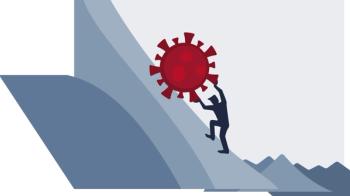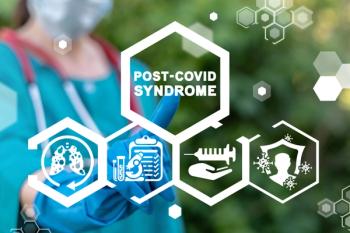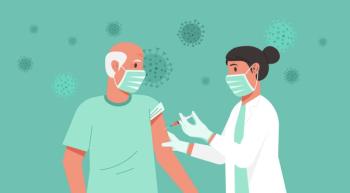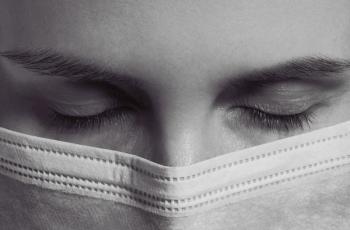
|Slideshows|November 20, 2020
10 Tips on Burnout and Wellness for 2021
Author(s)H. Steven Moffic, MD
How is burnout affecting mental health workers during the pandemic? How will this affect the upcoming year?
Advertisement
Newsletter
Receive trusted psychiatric news, expert analysis, and clinical insights — subscribe today to support your practice and your patients.
Advertisement
Latest CME
Advertisement
Advertisement
Trending on Psychiatric Times
1
Depression and Long COVID Outcomes in Women: New Data Analysis
2
Presenting Our February 2026 Theme: Bipolar Disorder
3
Investigational Psilocybin for PTSD and Ongoing Trials
4
Patterns of Propensity: A Review of Heinrichs’ How Psychiatrists Make Decisions
5







